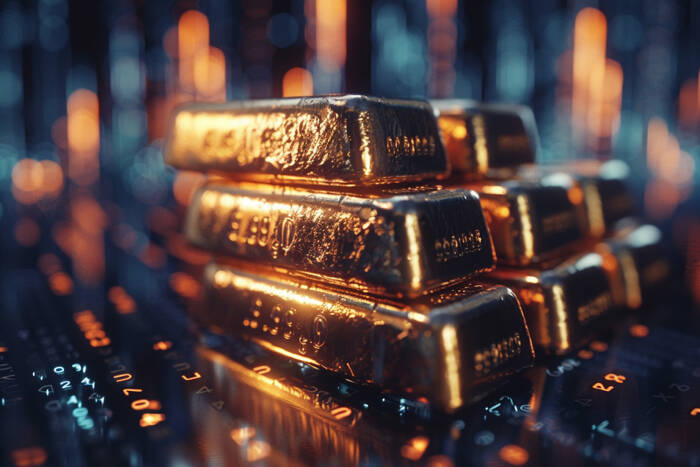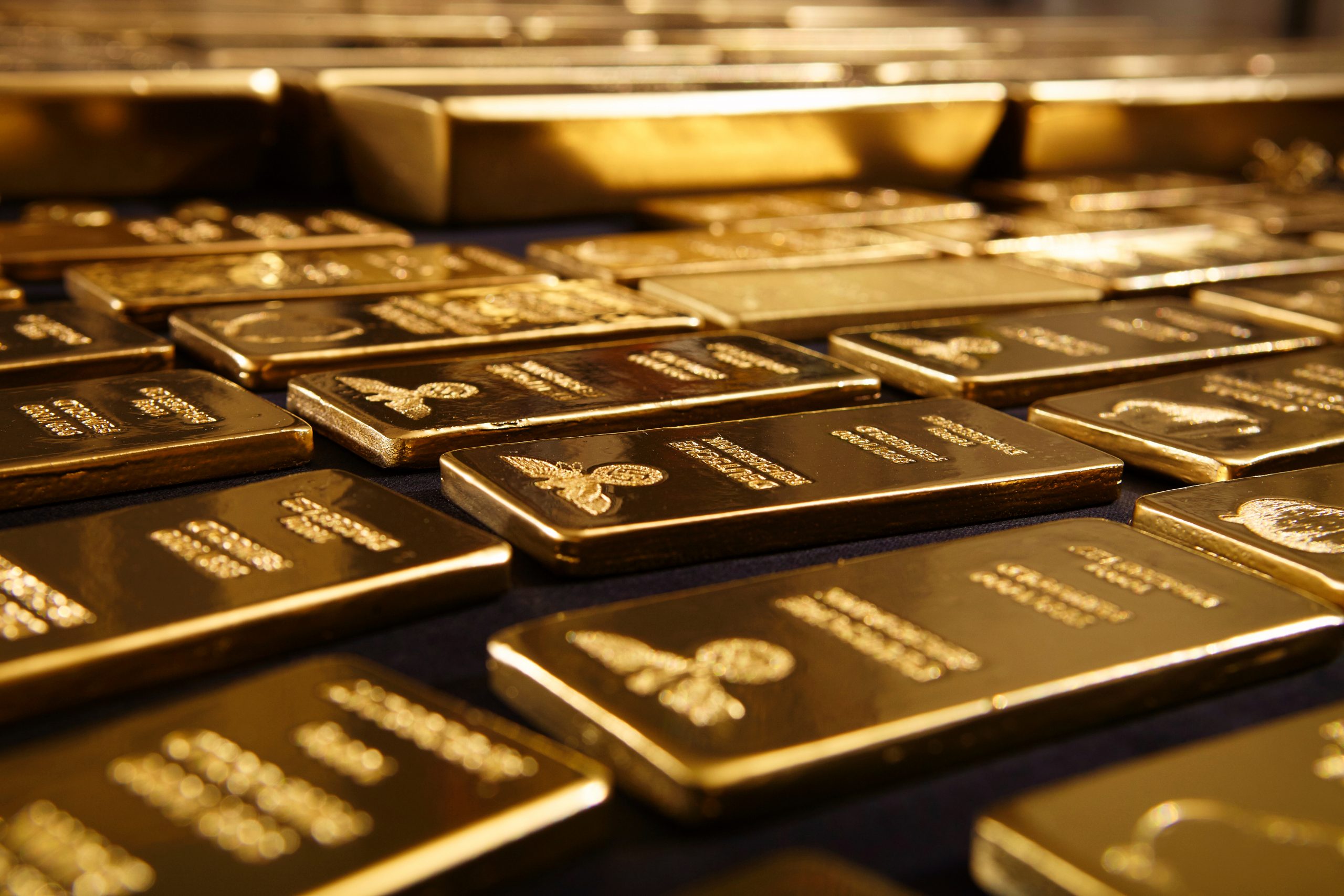The Banque De France, the French member of the Eurosystem, released a note Friday explaining the recent gold rally said it appears geopolitical tensions and concerns, not financial factors, are driving prices higher.
“Between March and August 2024, gold broke its all-time record price in nominal terms every month, breaking the $2,500 an ounce threshold in August,” the note reads. “When adjusted for inflation, the gold price is close to the 1980 peak caused by the oil crisis inflationary shock and the 2011 peak caused by the sovereign debt crisis in the Euro area.”
Bearish demand factors absent
The bank listed three bearish demand factors for the price of gold: higher interest rates, a stronger dollar and investors being willing to take on more risk.
Realistically, none of those three factors appear to be present in the current global economy.
U.S. traders are now pricing in a near 50-50 split chance for either a 25-basis-point or 50-basis-point cut at next week’s FOMC meeting; the dollar has weakened consistently for the past three months; and investors are growing more and more risk averse as geopolitical tensions rise.
Equities volatility at a low, dollar concerns mount
Despite the bank’s finding that geopolitical risk is likely causing the rise in prices, the report also notes that equities volatility appears to be lower, which could indicate that investors are willing to take on more risk.
The bank agreed with the narrative that data appears to be pointing toward China and Russia making large-scale attempts to diversify away from the dollar and into gold as sanctions relating to the war in Ukraine mount.
“Financial sanctions and the resurgence of geopolitical tensions may exchange reserves into gold and away from dollar-denominated assets,” the bank said. “Although the dollar remains the dominant currency, its share in central bank reserves has fallen to 59%, a 25-year low.”
Increased Economic Uncertainty
It is important to note that the recent gold rally is being driven by geopolitical tensions and uncertainties rather than traditional financial factors. This shift towards gold as a safe-haven asset indicates increased economic uncertainty and a lack of confidence in other investment options such as equities and the dollar.
Central Bank Reserve Diversification
The move by countries like China and Russia to diversify their reserves away from the dollar and into gold highlights a shift in the global economic landscape. This trend could potentially impact the stability of the dollar and influence the long-term demand for gold as a store of value.









